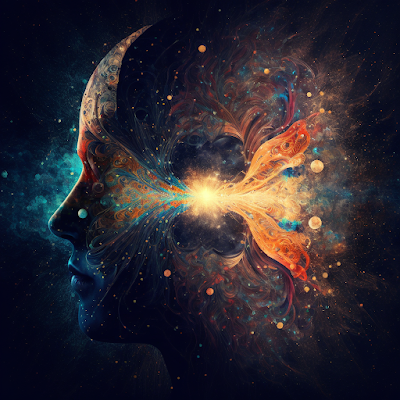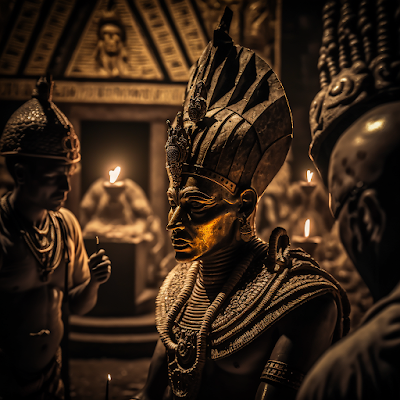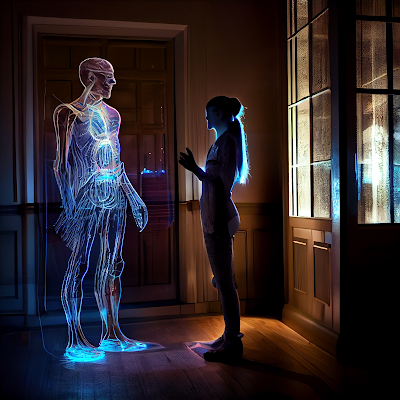Fate or Free Will? The Ultimate Question Answered
Introduction
The question
of free will versus predestination has been a topic of debate for centuries.
Many philosophers and theologians have weighed in on the subject, and there is
still no clear consensus on the matter. This blog post will explore the two
opposing views and their arguments in detail. We will discuss the proponents
and opponents of free will, their reasoning, and how it affects our moral
responsibility and personal agency.
Free Will versus Predestination
Free Will
Free will is
the belief that we have the power to make our own choices and that our actions
are not determined by any external factors. Proponents of free will argue that
our sense of choice is real and that we are not simply following predetermined
paths. They also argue that we have the ability to make conscious decisions,
and our actions are not simply the result of physical processes.
One of the
main arguments in favor of free will is that it is a necessary condition for
moral responsibility. If our actions are predetermined, then we cannot be held
responsible for them. However, if we have free will, then we are responsible
for our actions and can be held accountable for them.
Another
argument in favor of free will is that it is a necessary condition for personal
agency. If our actions are predetermined, then we have no control over our
lives and are simply following a predetermined path. However, if we have free
will, then we have control over our lives and can make our own choices.
Predestination
Predestination
is the belief that everything is predetermined, and we do not have free will.
Proponents of this viewpoint argue that our sense of choice is an illusion, and
we are simply following the path that has been set out for us. They also argue
that our environment, genetics, and upbringing all play a role in shaping who
we are and how we behave.
One of the
main arguments against free will is that it is incompatible with the idea of
determinism. Determinism holds that everything that happens is the result of
prior causes, and that nothing happens by chance. If this is the case, then our
actions are predetermined, and we do not have free will.
Another
argument against free will is that it is incompatible with the idea of
causation. If our actions are caused by prior events, then we do not have free
will, and our actions are predetermined.
Conclusion
The debate
over free will versus predestination is a complex and nuanced one that has yet
to be resolved. Both sides have valid arguments, and there is no clear
consensus on the matter. Ultimately, whether or not we have free will is a
question that may never be fully answered, and it is up to individuals to
decide for themselves which perspective they believe.















Comments
Post a Comment